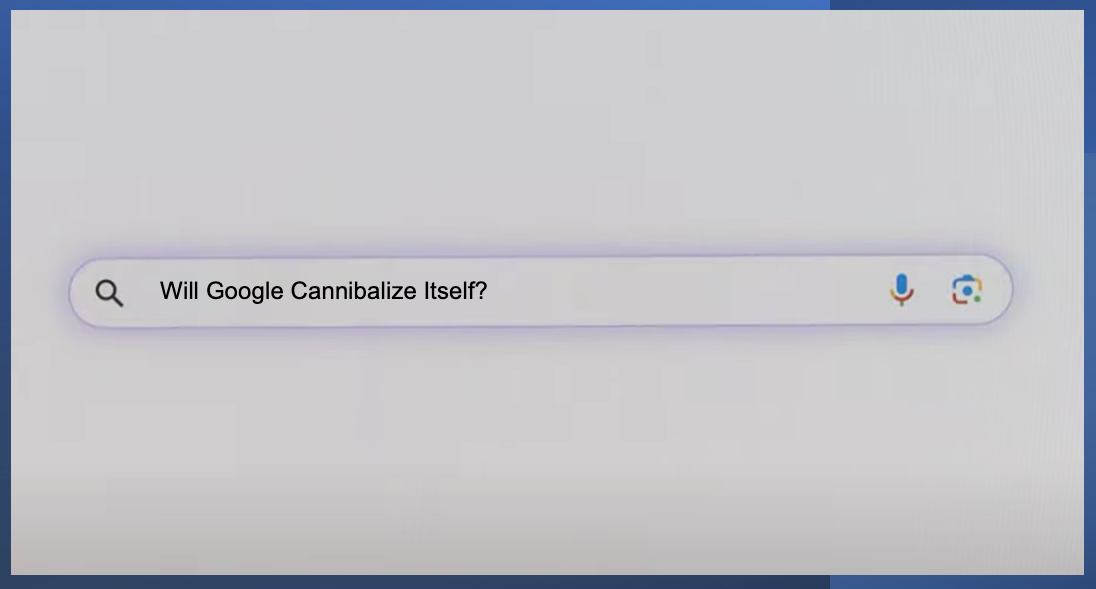Google's Bipolar Search Vision: Bard vs. SGE
Google appears to be hedging with an AI-enhanced Google.com and an upgraded version of Bard simultaneously.

The Google I/O keynote wrapped up earlier today. It was a curious affair, with major announcements delivered in a strangely flat manner. As expected, the main focus was on AI across a range of Google products, from Workspace and Cloud to Android, Pixel and, of course, Google search.
In search, Google appears to be proceeding along parallel paths. It announced a new Google.com search experience, which it's calling "search generative experience" (SGE). It also showed off multiple enhancements to Bard, which will make it a more compelling search tool. Google maintains that Bard is not a search engine. It is after today.

